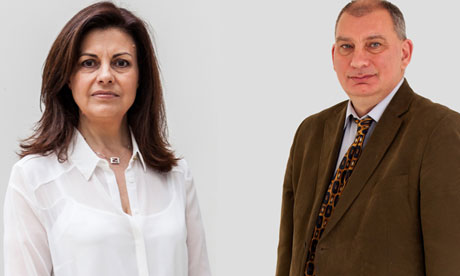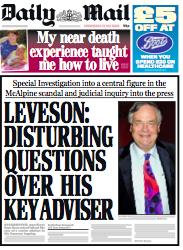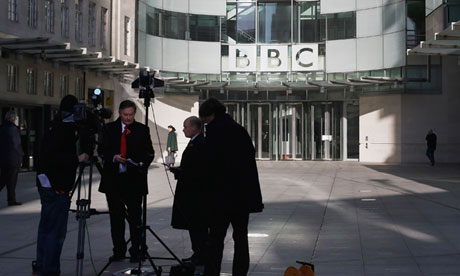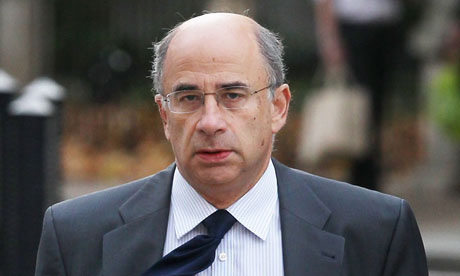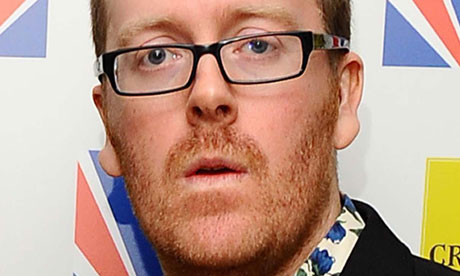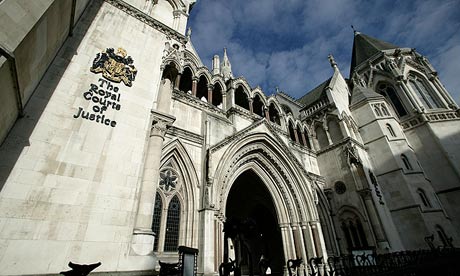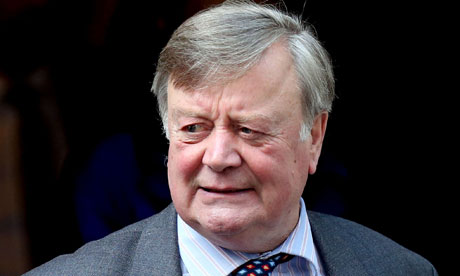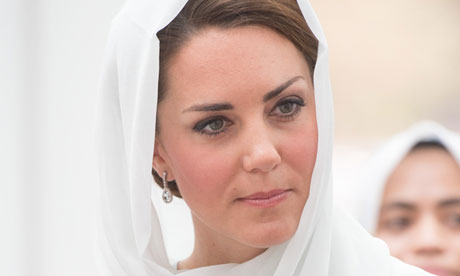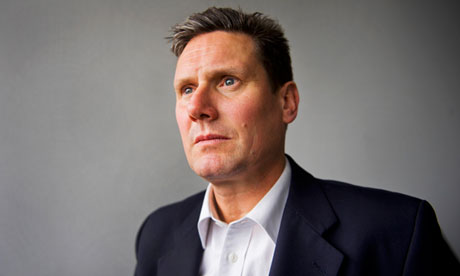NB: The article below contains some explicit sexual references.This example shows how the Mail rather preposterously cited "how even the Parents Television Council" took offence at a portion of the Graham Norton Show New Year special, using this as a means of justifying attacking a favourite target of the right-wing press: the BBC, bastion of public service broadcasting and thus a challenge to the dominance of free market ideology through its very existence.
Parents 'fuming' at Kathy Griffin's on-air sexual antics on New Year's Eve
When the US comedian simulated fellatio on her co-host live on CNN, not everyone was amused.
Alexis Petridis, 3.1.13, http://www.guardian.co.uk/lifeandstyle/lostinshowbiz/2013/jan/03/parents-fuming-kathy-griffins-sexual
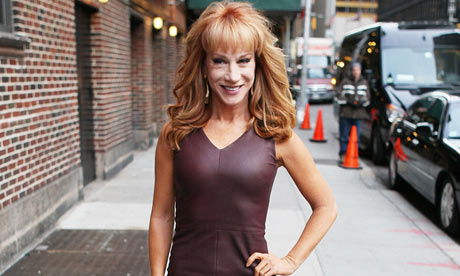 |
Kathy Griffin, whose simulated oral sex didn’t go down well on US TV. Photograph: Jeffrey Ufberg/WireImage
|
And so to America, where something of a storm appears to have blown up over CNN's live coverage of events in New York's Times Square on New Year's Eve. The programme was considerably enlivened by comedian Kathy Griffin referring to the fiscal cliff as "the fisting cliff", then repeatedly dropping to her knees and pretending to simulate fellatio on her visibly unamused co-host Anderson Cooper: "I'm going down, you know you want to," she told him. "I'm kissing your sardine."
Lost in Showbiz confesses that, at first, it thought this all sounded pretty funny. Indeed, it ruefully reflected that it sounded substantially more entertaining than anything on British TV on the night of 31 December. How much more interesting would Graham Norton's interview with Mary Berry and Paul Hollywood of The Great British Bake Off have been if the Grande Dame of the pithivier and petits fours had taken a leaf out of Griffin's book, suddenly grasped Hollywood's testicles and announced: "I'm tickling your sac"?
That was, of course, until it read the Daily Mail's take on events and was swiftly forced to reconsider. Keen as ever not to create an unnecessary furore, the Mail reported that "Many failed to see the funny side of her antics and branded her behaviour 'vile' and 'putrid'." To underline the seriousness of the offence, it added: "Even the Parents Television Council got involved and is said to be 'fuming'."
Lost In Showbiz must admit that it had never heard of the Parents Television Council, but it was intrigued – mostly by the use of the word "even" in the Mail's report. This suggested that it must be an organisation renowned for its restraint, which would start "fuming" only when faced with the most unbearable provocation. It definitely is not to be confused with, say, The Arnica Network, which recently orchestrated a campaign against the BBC,
